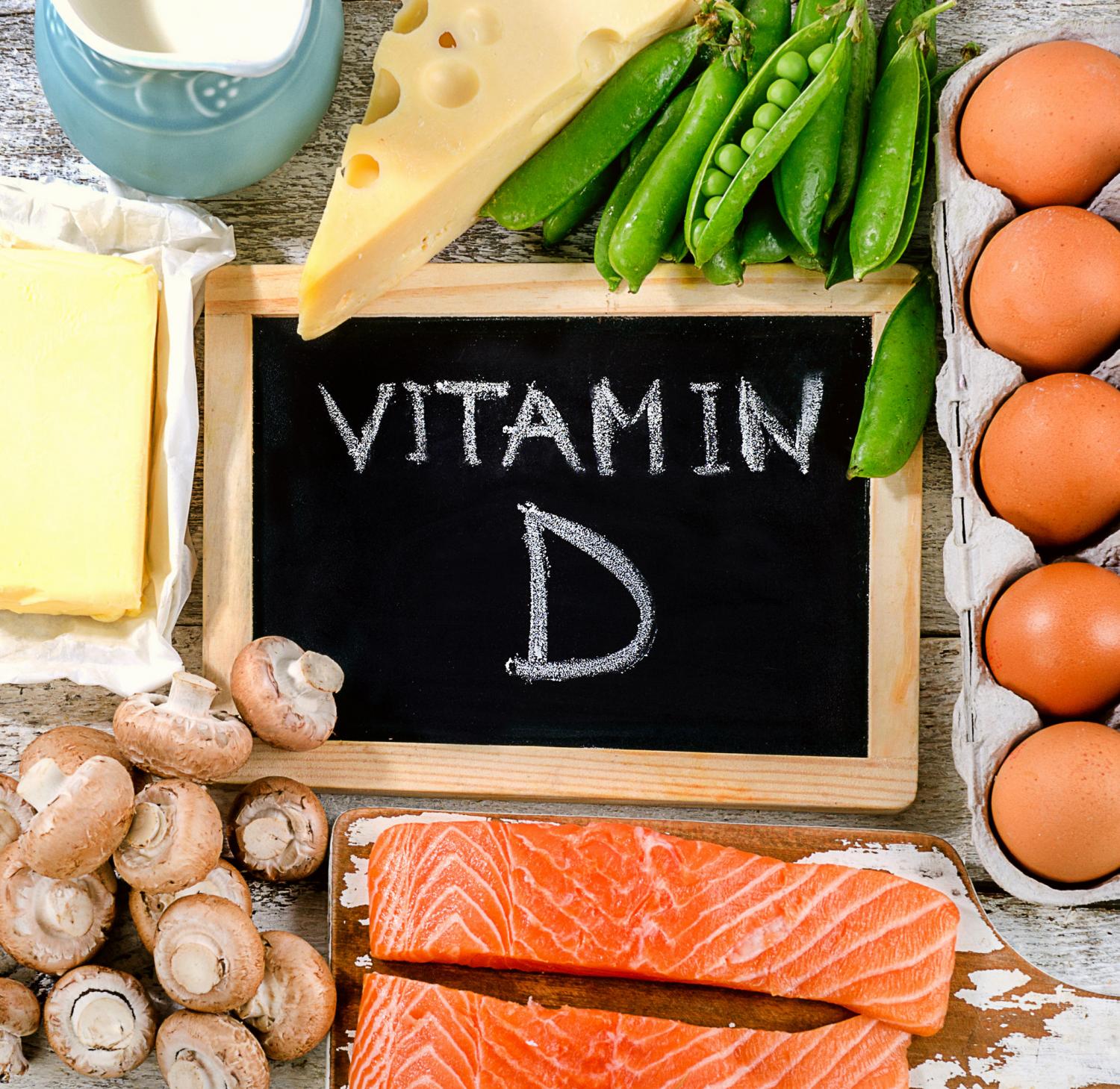Learn about Vitamin D and avoid being “D-ficient”
Industry Focus
Thought Leadership
28 Aug 2018
By Dr Veerachai Sachdev, Part Time Medical Instructor at Department of Family Medicine, Ramathibodi Hospital, Mahidol University.
It has been estimated that over 1 billion people globally suffer from Vitamin D deficiency.[1]Living in a vibrant city like Bangkok with plenty of sunshine all year round, does not protect us from having a deficiency in Vitamin D, especially if you spend most days indoor and not getting at least 15- 20 minutes daily walk in the sun.
It has been estimated that over 1 billion people globally suffer from Vitamin D deficiency.[1]Living in a vibrant city like Bangkok with plenty of sunshine all year round, does not protect us from having a deficiency in Vitamin D, especially if you spend most days indoor and not getting at least 15- 20 minutes daily walk in the sun.
Why is Vitamin D important for our health?
- Helps in the absorption and retention of calcium and phosphorus ensuring that our bones stay strong and healthy.
- Prevents the excessive release of parathyroid hormones which makes our bones thin and brittle.
What are the sources of Vitamin D?
Sunlight – Our body produces vitamin D from cholesterol, activated by a process of skin exposed to direct sunlight, however if you may have an increased risk of deficiency if you have a darker skin tone, overweight and old.[4]Dietary sources – Few foods have high amount of vitamin D, these includes diary products, breakfast cereals, salmon and tuna fish. Supplements – As there are limited amounts of foods that have high amounts of Vitamin D, and if you adhere to a strict Vegan or Vegetarian diet you may run a risk of being vitamin D deficiency. Two forms of vitamin D are used in supplements: Vitamin D2 “ergocalciferol” and Vitamin D3 “cholecalciferol”. It would be important to know your Vitamin D levels prior to taking any additional supplements.How much Vitamin D is needed?
The Institute of Medicine recommends dietary allowance of 600IU units of Vitamin D per day.[5] For bone health and chronic disease prevention, a higher dose of Vitamin D may be advisable. Whilst sun exposure produce vitamin D, too much exposure could increase the risk of skin cancer, the American Academy of Dermatology recommends using a sunscreen of at least SPF 30 when in the sun. It is important to speak to your family doctor about your individual needs.Refernece
[1] Lips P. Worldwide status of Vitamin D nutrition. J Steroid Biochem Mol Biol. 2010; 121: 297-300.
[2] Hope-Simpson RE. The role of season in the epidemiology of influenza. J Hyg (Lond). 1981; 86 35-47.
[3] Giovanucci E, Liu Y, Hollis BW, Rimm EB. 25-hydroxyvitamin D and risk of myocardial infarction in men: a prospective study. Arch Intern Med. 2008; 168: 1174-80.
[4] Holick MF. Vitamin D Deficiency. N Eng J Med. 2007; 357: 266-81.
[5] Institute of Medicine. Dietary reference Intakes for Calcium and Vitamin D. Washington, D.C.: National Academies Press, 2010.





